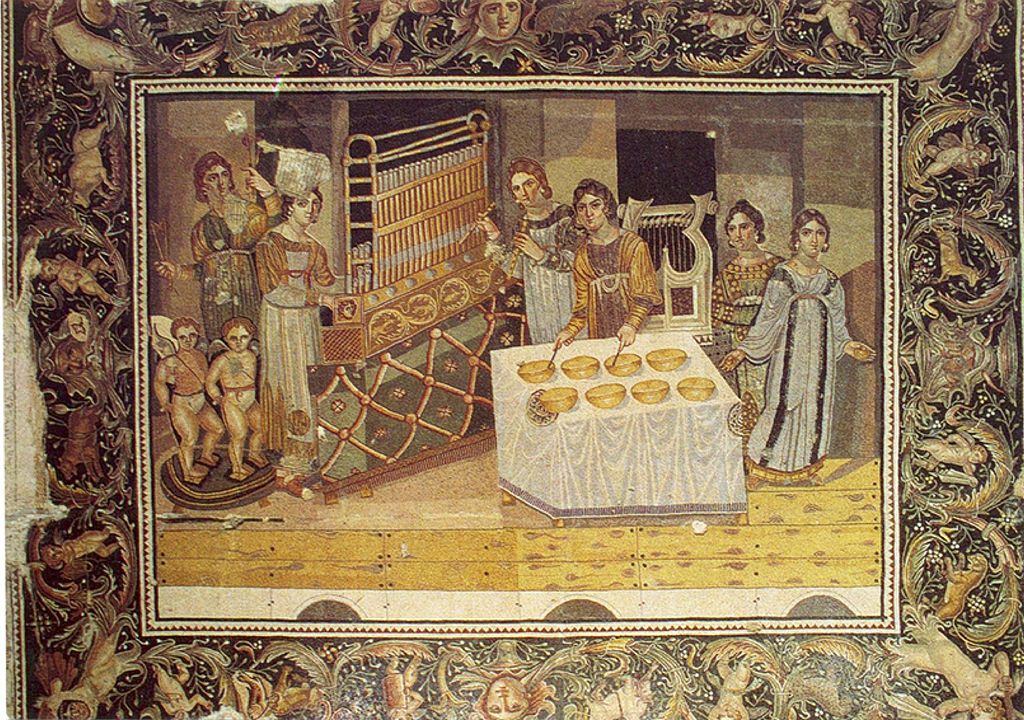Повищу заяву Товариства вислано до преси зараз чергового дня, по проголошенні номінації о. Івана Стаха єпископом-помічником Філядельфійської Архиєпархії. Це була перша реакція Товариства на явне й не перше вже порушення основних прав нашої Церкви і її Синоду Владик Римськими властями. Згідно з правом і традицією Східніх Церков, які їм привернено на II Ватиканському Соборі, номінування Єпископів – це прерогатива Патріярхальних або Архиєпископських Синодів тих Церков. У нашому випадку це право задержала собі Східня Конґреґація, яка; без уваги на постанови II Ватиканського Собору намагається й на дальше здійснювати його у нашій Церкві. Східня Конґреґація вже двічі пробувала номінувати для нас єпископів минулого року, і два рази не дійшло до здійснення цих спроб. Щойно тепер вдалося нашому Філядельфійському Митрополитові при помочі куріяльних монсіньйорів перевести цю номінацію спеціяльними дорогами. Тому, що поїздка Митрополита Сенишина до Риму була законспірована, його авдієнція у Святійшого Отця: не публікована як це звичайно повинно бути, а Отець Шамбелян Іван Стах достосувався до цього конспіративного способу й ще досі не скомунікувався в цій справі з Верховним Архиєпископом ані не виявив бажання поїхати до нього – цілий цей процес виявився підготованою змовою проти нашої Церкви, проти її Синоду, та проти волі широких мас вірних.
Станувши перед такою складною ситуацією Крайова Управа Товариства заініціювала декілька акцій прохань, насамперед до о. Івана Стаха, до наших Владик, щоб вони здержалися від уділення єпископських свячень аж до полагодження цієї справи із Синодом Українських Єпископів, та до громадської опінії мобілізуючи її на оборону належних нашій Церкві прав. Негайно вислано телеграми – до Святійшого Отця, до Владик, до о. Стаха та до Апостольського Делеґата у Вашінґтоні. У останнього Крайова Управа просила негайної авдієнції в справі номінації о. Стаха, але одержано відмовну відповідь. Листи до наших Владик в цій справі залишились без відповіді, а деякі були неприйняті й повернулися.
Через брак комунікації з Владиками делеґації Товариства не могли їх відвідати. Зате вже в перших днях березня ц. р. делеґації Товариства відбули розмови з о. Іваном Стахом, та з екзекутивами трьох братських союзів: Українського Народнього Союзу, Українського Робітничого Союзу та Провидіння. Розмови з проводами тих організацій вважалися корисними тому, що своєю питомою вагою вони могли були в цій ситуації успішно впливати на дальший розвиток подій. Братські організації мають у своїх руках пресу, більші матеріяльні засоби і близькість стосунків до Владик. Вони також є і господарями у центральних громадських організаціях. Хоч цим делегаціям не вдалося успішно заанґажувати ці сили, разом з їхніми засобами й можливостями, до акцій натиску на спрямування номінації о. Стаха через Синод Українських Єпископів, то принайменше вдалося їм витворити загальну атмосферу, в якій конечність якоїсь дії була вимогою загальної людської опінії.
Лиш під впливом такої людської опінії наші центральні організації, господарями в яких є до великої міри братські союзи, рішилися на певні кроки. Вже 11 березня виїхала делеґація СКВУ, в складі П. Лисогір, Г. Білинський, М. Стахів та Б. Гнатюк, до Риму. Не випадково виїзд цієї делеґації синхронізувався із побутом у Римі Митрополита Сенишина. Друга делеґація, складена із дев’яти людей, від нашого Товариства, від Т-ва Св. Андрея, від Приятелів УКУ та від Студентського Комітету, поїхала до Риму день скорше. Присутність тих двох делеґацій в Римі, їхній персональний склад, розбіжність їхніх цілей і врешті конфронтація їх на авдієнції у Верховного Архиєпископа причинилися до певного уточнення позицій обох сторін. Заява трьох американських Владик, комунікат Президії СКВУ, заяви Митрополита Сенишина та повідомлення його Митрополичої Канцелярії появилися лише в результаті певного натиску зі сторони вірних. І хоч в тих комунікатах оминається конкретних питань, які хвилюють нарід, оперується загальниками й недвозначно опрокидується діяльність Крайової Управи нашого Товариства, то це нас не турбує, бо все ж таки це дасть кращу можливість громаді зрозуміти сучасні потягнення її громадських і церковних чинників. Перед громадою не закриється сьогодні вже нічого й вона не задоволиться самими заявами, а вимагатиме діл.
Крім поданих вище акцій Товариство рішило зробити ще одну форму вияву людської опінії – демонстрацію. Переведено їх декілька. Негайно після пресових повідомлень про номінацію о. Стаха спонтанно й без підготовки з’явилися демонстранти з плякатами в його парафії у Йонкерсі. Опісля дня 3 березня, коли було відомо про те,що о. Стах мав мати авдієнцію у Апостольського Делеґата у Вашінґтоні поїхали демонстранти й туди. Цей епізод був досить вірно поданий у столичній пресі. Рішенням Управи Товариства проведено більшу демонстрацію мирян дня 4 квітня ц.р. у Філядельфії перед палатою Митрополита Сенишина напроти катедри Непорочного Зачаття. Ціль маніфестації була заздалегідь широко опублікована у пресі й іншими доступними засобами. Оборона прав помісности Церкви була головним мотивом маніфестації, але й були домагання щоб єпископська номінація о. Стаха була переведена через Синод Українських Єпископів.
Хоч підготовка була коротка а протиакція Митрополичої Канцелярії настирлива, то маніфестація своєю чисельністю, організованістю, програмою та волевиявленням народу була вдалою. Біля чотирьох тисяч учасників було із близьких міст Філядельфії та Ню Йорку з околицями, а з віддаленіших міст, як Чікаґо, Рочестер, Клівленд, Ню Гейвен, Бріджпорт та Гартфорд були представники. Взірцевий порядок маніфестації був практичним запереченням спрямованих на підірвання довір’я до організованого мирянства і його проводу комунікатів Митрополичої Канцелярії, де їх представлялося як невеличку групку підривних елементів.
Маніфестація закінчилась вічем, в якому доповідачі двома мовами дали яскраву аналізу сучасної ситуації та випливаючих з неї вимог дальшої громадської акції за церковні права. Головним ляйтмотивом думок на вічу було те, що кризова ситуація зростає тепер кожного дня й обіймає щораз ширший засяг нашого духового і громадського життя. Не залишається тут часу ані можливости на відкладування й вичікування, бо вже тепер кожний громадянин індивідуально, кожна католицька родина й також кожна громадська організація сукупно мусять визначити своє конкретне становище у змагу за права Церкви: по стороні її прав, Синоду Українських Єпископів і Верховоного Архиєпископа, або по стороні Східньої Конґреґації і Римської Курії.
